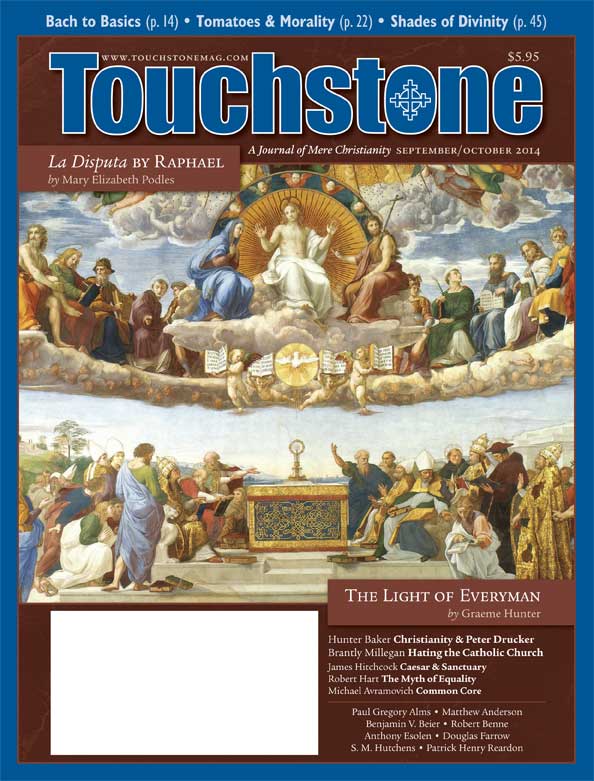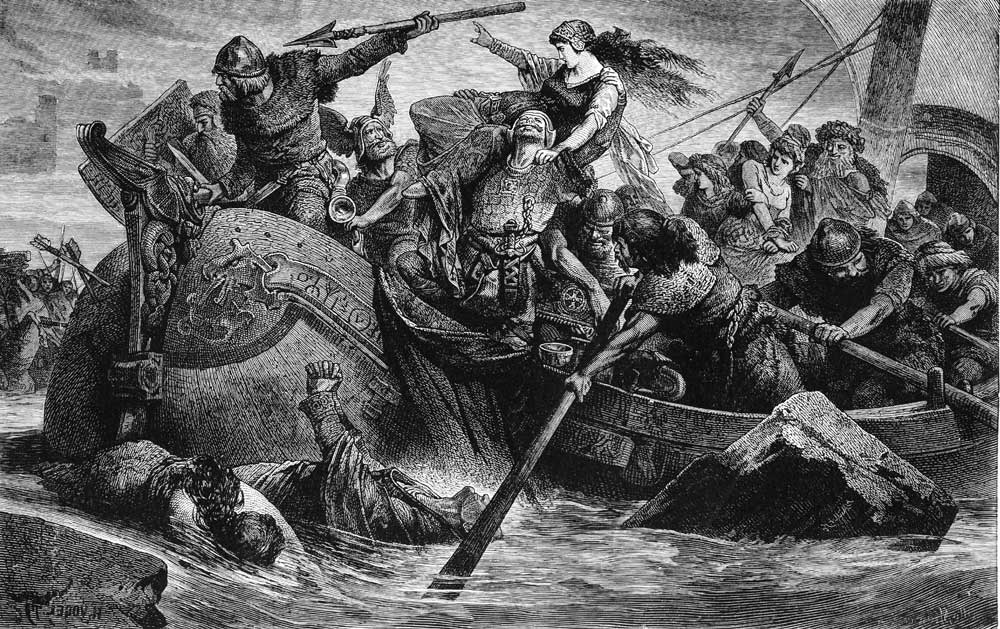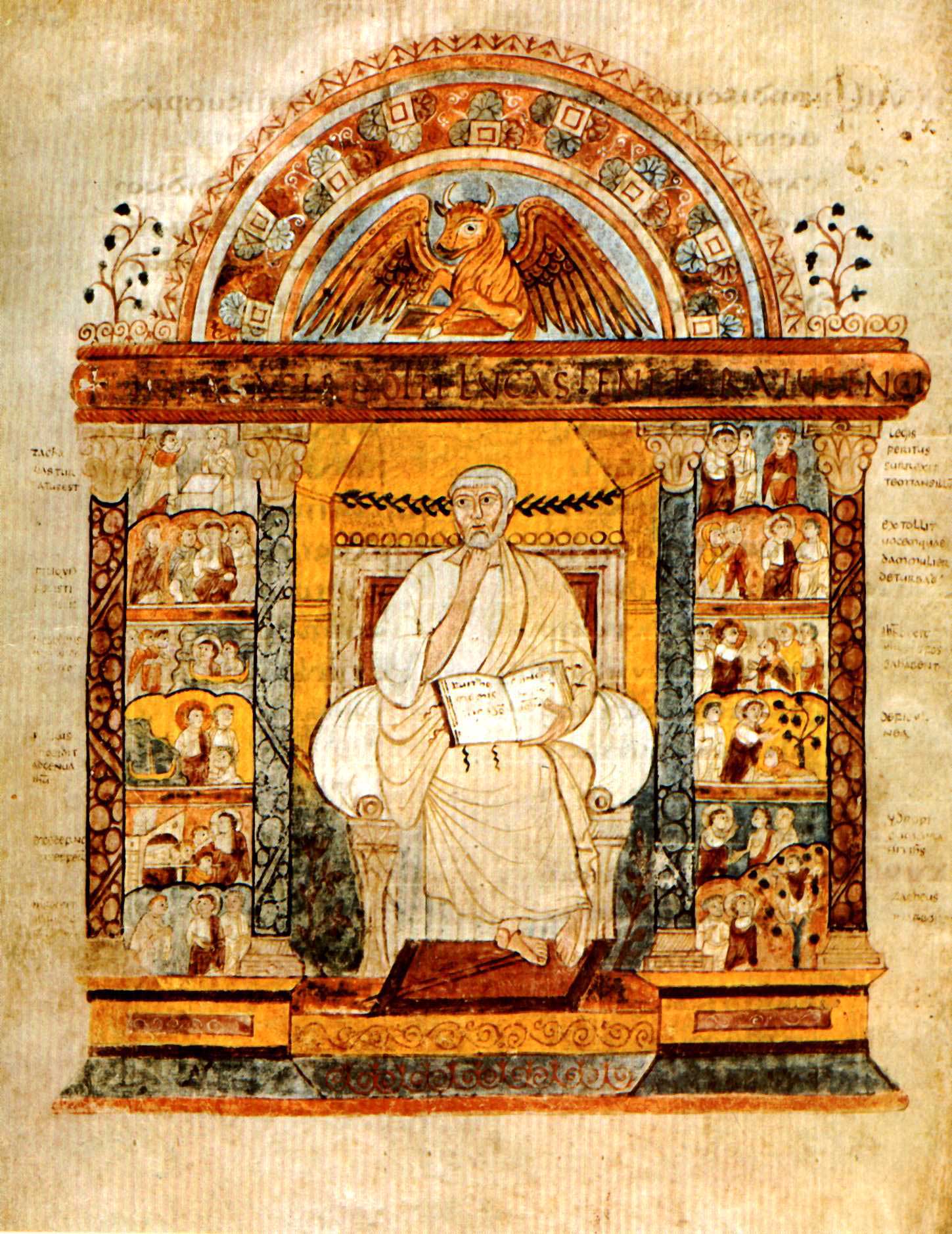Editorial
Eyeing the Sanctuary
Freedom for Churches Affirmed . . . For Now
by James Hitchcock
The four-column headline in a secular newspaper warned that "Mormon Women's Group Founder Faces Excommunication," conveyed with about the same sense of alarm that might be used to forecast an imminent hurricane.
But while readers could batten down against the storm, there was absolutely nothing they could do to help the Mormon woman. And indeed, why should the newspaper think they might want to, or that they might even be interested in a religion with which few have direct contact and to which even fewer belong? The answer is that such alarmism is part of a threat to religious freedom that is generally not recognized.
For almost 150 years the Supreme Court has followed the principle that, where internal church disputes are concerned, the issue should be resolved according to the governing laws of the church itself. Arguably this is the single most important protection for religious freedom that the Constitution provides. For the courts to require the Church of Jesus Christ of Latter Day Saints to ordain women would be to violate that church's freedom, but the American commitment to religious liberty is still strong enough to insure that such will not happen in the foreseeable future.

Not Laws Only
But freedom is not a matter of laws only; it also involves society and culture. The revolution in the status of ex-slaves wrought by the Civil War was to a great extent thwarted by prevalent attitudes that made it virtually impossible for African Americans to claim the rights newly guaranteed them. Perhaps most devastating, the burden of the culture was precisely to reinforce the belief that African Americans did not deserve those rights. The Civil Rights Movement of the 1960s would have had very limited effect if popular attitudes towards race had not changed simultaneously, probably in part because of changes in the law.
Much of the media's treatment of religion follows a totally predictable "grand narrative"—brave and enlightened church members struggling against reactionary ecclesiastical establishments. Thus the Associated Press reported that the Mormon woman, Kate Kelly, was "shocked, dismayed, and devastated by her excommunication," after she had "attempted to shed light on gender inequalities in religion." A male Mormon, John P. Dehlin, suffered the same fate for his "outspoken support of LGBT people."
Kelly not only expressed opinions at odds with Mormon teaching; she actively attempted to subvert the ecclesiastical integrity of the church by trying to lead a group of women into a closed meeting of Mormon elders in the Temple in Salt Lake City, then announcing that she would not participate in the hearing about her excommunication, because it is "both cowardly and unchristlike."
But there is good news for Ms. Kelly—over a period of 350 years conditions have so changed in North America that, unlike Anne Hutchinson or Mary Dyer, she is free to renounce her church, shout herself hoarse condemning its teachings, and even to start her own religion. Why is that not enough?
Individual but not Ecclesiastical Autonomy
James Hitchcock is Professor emeritus of History at St. Louis University in St. Louis. He and his late wife Helen have four daughters. His most recent book is the two-volume work, The Supreme Court and Religion in American Life (Princeton University Press, 2004). He is a senior editor of Touchstone.
subscription options
Order
Print/Online Subscription

Get six issues (one year) of Touchstone PLUS full online access including pdf downloads for only $39.95. That's only $3.34 per month!
Order
Online Only
Subscription

Get a one-year full-access subscription to the Touchstone online archives for only $19.95. That's only $1.66 per month!
bulk subscriptions
Order Touchstone subscriptions in bulk and save $10 per sub! Each subscription includes 6 issues of Touchstone plus full online access to touchstonemag.com—including archives, videos, and pdf downloads of recent issues for only $29.95 each! Great for churches or study groups.
Transactions will be processed on a secure server.
more from the online archives
calling all readers
Please Donate
"There are magazines worth reading but few worth saving . . . Touchstone is just such a magazine."
—Alice von Hildebrand
"Here we do not concede one square millimeter of territory to falsehood, folly, contemporary sentimentality, or fashion. We speak the truth, and let God be our judge. . . . Touchstone is the one committedly Christian conservative journal."
—Anthony Esolen, Touchstone senior editor










